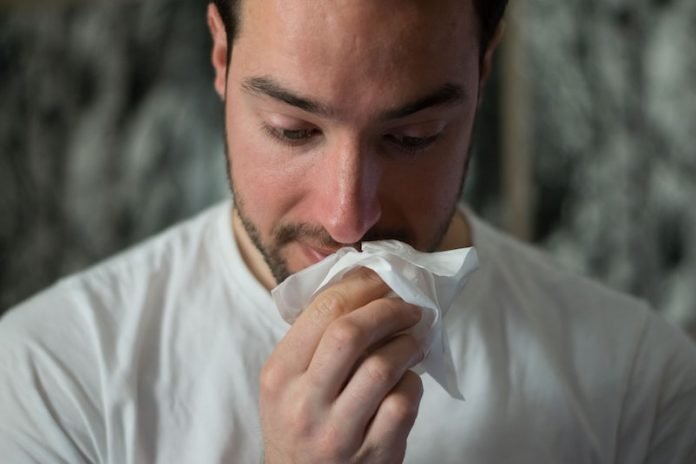
In a new study, researchers looked at the antibodies of 38 patients and healthcare workers in St Thomas’ Hospital who were infected within the first wave of COVID-19, before they were vaccinated.
Despite an initial decline in antibody levels just after infection, they found that most people (18/19 patients) maintained detectable antibody levels 10 months after they were infected.
Antibodies help to fight COVID-19 by binding to the SARS-CoV-2 virus, preventing the virus from infecting cells. These results show how long antibodies remain in the body to fight future infections.
The researchers also tested how antibodies that were created to fight against a specific SARS-CoV-2 variant would respond to other variants. They looked at the original SARS-CoV-2 variant, as well as the alpha, beta, and delta variants.
While antibodies from a specific SARS-CoV-2 variant were able to generate a strong response to an infection from their own variant, results showed that antibodies were less effective when fighting against different variants.
Antibodies bind to the spike protein on the SARS-CoV-2 virus, and vaccines mimic this protein to create the immune response against SARS-CoV-2.
Mutations in the new SARS-CoV-2 variants (alpha, beta, delta) have created concerns about whether the vaccines that were developed to target the original SARS-CoV-2 variant would be effective against the new variants, and whether new vaccines should be designed against these variants.
However, these results suggest that there were differences in the spike protein of alpha, beta, and delta variants. This means that vaccines designed around one of these new variants may be less effective against other variants.
These results also show that the current vaccines designed around the original SARS-CoV-2 variant provides the best protection against all variants and should be used for vaccination programs.
The study is published in Nature Microbiology. One author of the study is Dr Katie Doores.
Copyright © 2021 Knowridge Science Report. All rights reserved.



